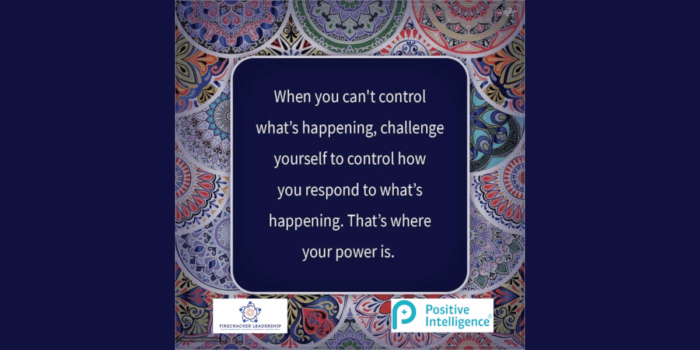My Wednesday Wish for You: Consistency A colleague of mine just won a boxing match. Another finished an Ironman. Neither…
As the resident extrovert in my marriage I’ll say i experience these insights into introverts as leaders to be true. What is your experience?
Many of us tend to think of personality traits as either good or bad. Being anxious, for instance, is somewhere between unpleasant and debilitating. Extroversion generally helps people enjoy life and get ahead. But studies suggest things aren’t nearly that simple. Almost every “good” trait also has drawbacks, and every “negative” one confers benefits.
Anxiety, for instance, can keep you from enjoying life and taking healthy risks. It also keeps you safe and improves your memory. Introversion is similar. Being quieter is definitely a handicap when it comes to standing out in a noisy world — studies show that just talking a lot leads people to assume you’re leadership material — but as recent Yale research underlines, being an introvert also has big upsides.
Introverted folks, the study found, may not enjoy people as much as extroverts, but they understand them better. The shy and retiring actually have a much more accurate understanding of the psychology of others than those who spend more time socializing.
Introverts are better “natural psychologists”
Psychologists spend huge amounts of energy developing and carrying out studies to better understand the intricacies of human behavior. It turns out they could probably save themselves a lot of time just by asking the wallflower observing everyone from the corner at parties.
First, the Yale team tested nearly a thousand volunteers to see how accurately they could answer questions about well-established psychological truths — questions like “Do people work harder in groups or individually?” or “Does taking out your frustrations on a pillow or stuffed toy make you feel better when you’re angry?” (The research validated answers are “individually” and “no,” if you’re curious). Then they gave the volunteers a battery of personality tests. The shy and melancholy definitively outperformed the jovial and friendly.
Why is that? “It could be that the melancholic, introverted people are spending more time observing human nature than those who are busy interacting with others, or they are more accurate at introspection because they have fewer motivational biases,” Yale psychologist and study co-author Anton Gollwitzer theorized. “Either way, though, this demonstrates an unappreciated strength of introverts.”
Yet another undersung advantage of introverts
As Gollwitzer notes, this finding is more than a nice piece of trivia. An absolute mountain of evidence shows that human beings have a tendency to choose the most chatty and confident among us as leaders. But more and more research, including this latest Yale study, suggests introverts bring often undervalued skills to leadership.
Other studies have shown introverts tend to outperform extroverts in a crisis, for instance. This study suggests they’re also more insightful when it comes to understanding other people’s motivations and behavior, a key skill for effective leadership.
So while this research obviously doesn’t mean that if you get exhausted an hour into parties you can skip the years of work it takes to become a trained psychologist, it should be a boost of confidence for shier types who question whether their preference for quiet observation over social mingling makes them less suited to leadership.
Quite the opposite. All that time you spend watching and wondering about others has probably left you with a better-than-average understanding of the human mind. That knack for “natural psychology” will likely be a huge leg up if you move into leadership.



